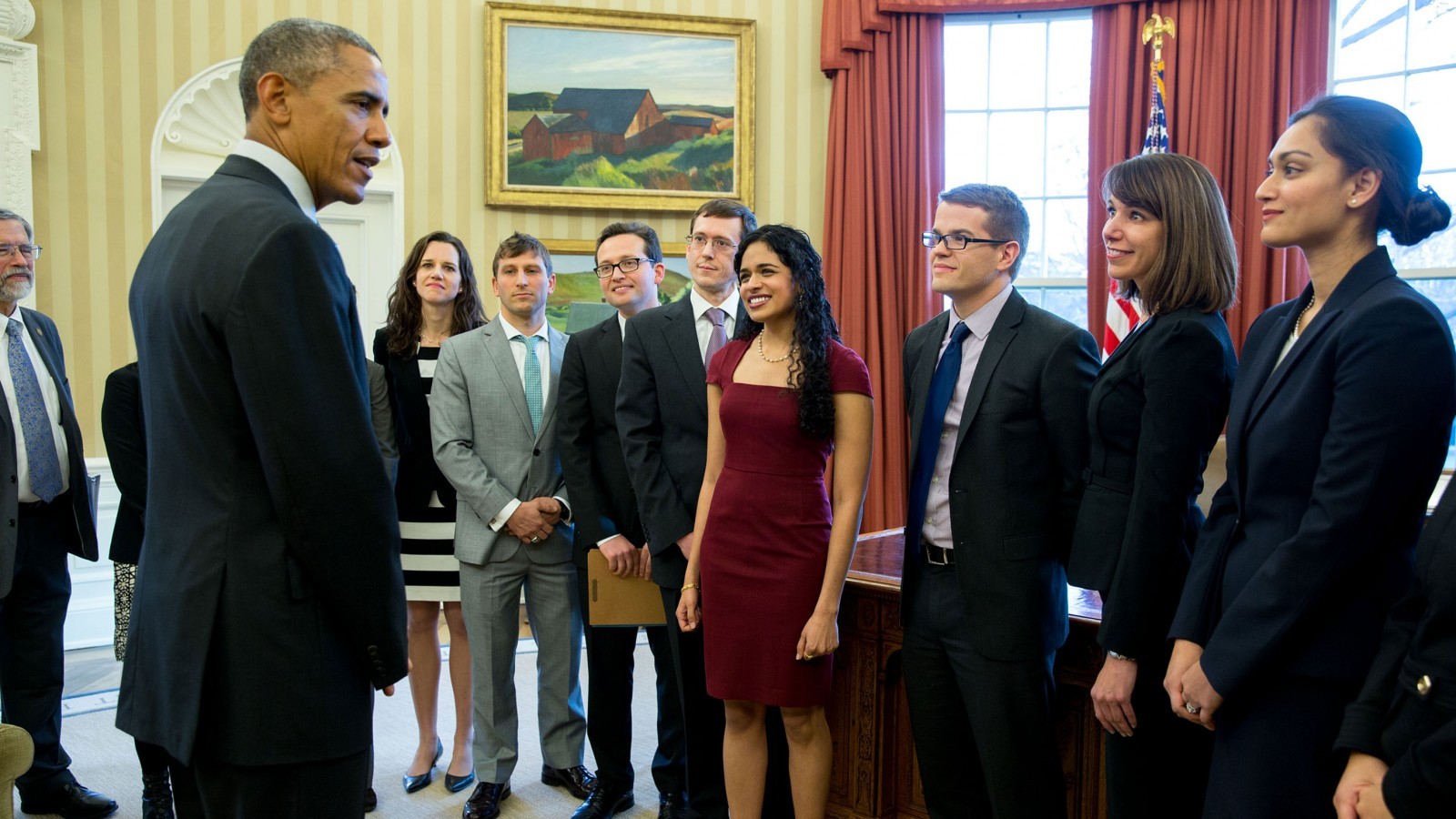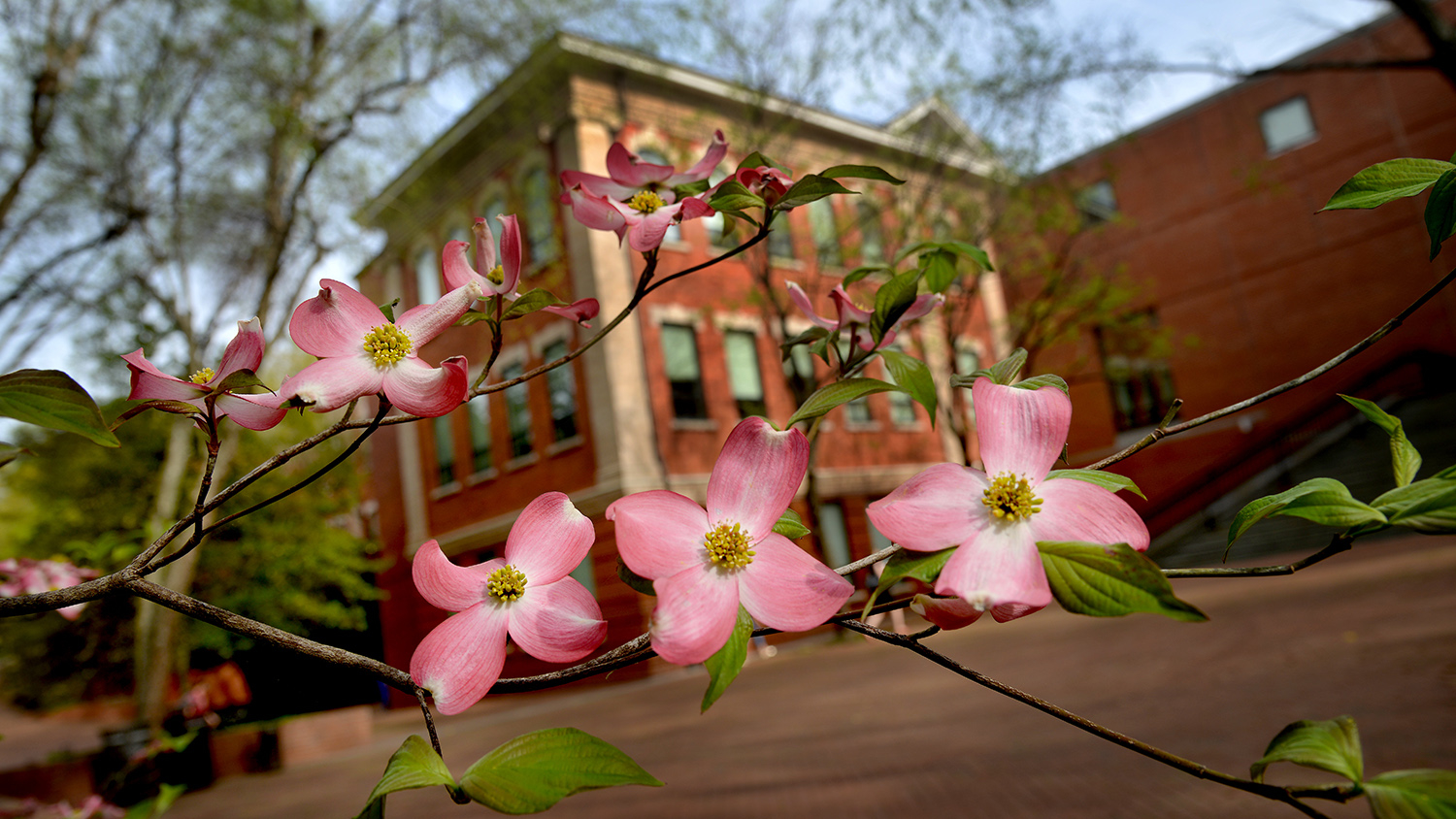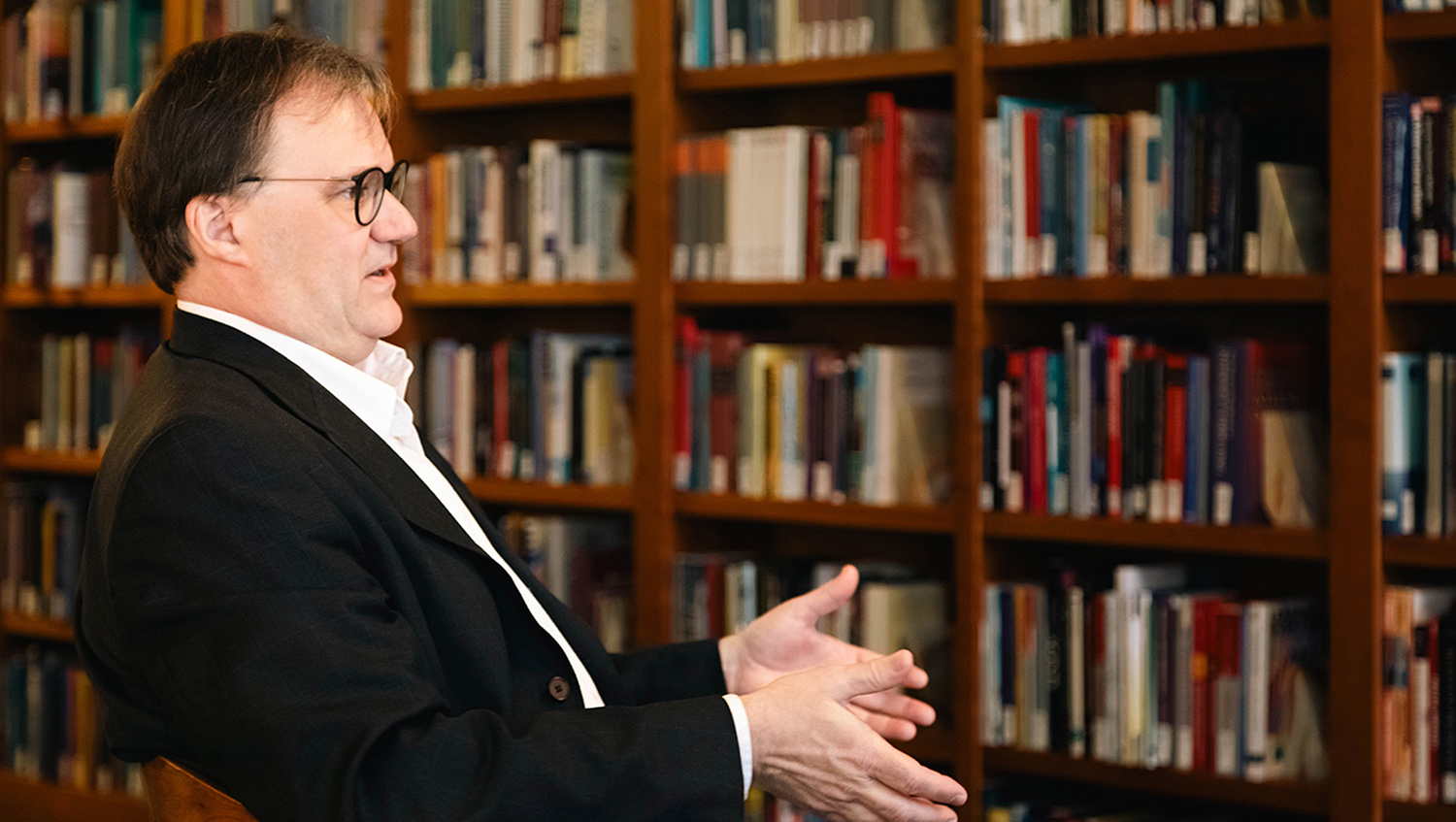Psychology Professor Serves on White House Team

When President Obama signed an executive order this week directing federal agencies to use behavioral science insights to better serve the American people, NC State Professor of Psychology Lori Foster was proudly standing by.
As a member of the White House’s Social and Behavioral Sciences Team (SBST), Foster and her colleagues conducted the work on which the announcement and associated report are based.
As detailed in a White House release, the executive order directs federal agencies to “identify programs in which applying behavioral science insights can yield substantial improvements; develop strategies for applying behavioral science insights to programs, and, where possible, for rigorously testing and evaluating the impact of these insights; recruit behavioral science experts to join the federal government; and strengthen agency relationships with the research community.”
As an expert in industrial and organizational psychology, Foster studies how organizations and their employees function. She’s worked with large organizations for more than 15 years, from the military and United Nations to power utilities and international non-governmental organizations.
The White House tapped Foster last year to serve on the newly-created SBST to help federal agencies increase the efficiency and efficacy of their programs and policies by harnessing research methods and findings from the social and behavioral sciences.
The small multi-disciplinary team of experts has been working with federal agencies over the last year, thinking creatively about how to translate social and behavioral science insights into concrete interventions that are likely to help agencies reach their institutional goals, and designing rigorous field trials to test the impact of these recommendations.
A recently released report features the Social and Behavioral Sciences Team’s first year of projects, which have made government programs easier to access and more user-friendly, and have boosted program efficiency and integrity. “As a result of these projects, more service members are saving for retirement, more students are going to college, more veterans are accessing their benefits, more farmers are obtaining credit, and more families are gaining healthcare coverage,” according to Maya Shankar, senior adviser for the social and behavioral sciences at the White House Office of Science and Technology Policy. Examples include:
- Sending service members a single email that highlighted the three steps needed to enroll for the Thrift Savings Plan (a workplace savings plan for federal employees), and that conveyed the potential value of making even small contributions to the plan. The initiative nearly doubled the rate at which service members signed up for the plan.
- Sending a series of text messages to college-accepted high school graduates that reminded them to complete required pre-matriculation tasks. This led to a nearly nine percent increase in college enrollment among low-income students.
- Highlighting to veterans that they had earned an education and career-counseling benefit, relative to just notifying them of their eligibility, led to a nearly nine percent increase in veterans accessing the application for this benefit.
- Sending personalized letters to farmers that included a tailored set of action steps to apply for a loan, as well as contact information for the recipient’s local loan offer. The change increased the number of farmers who obtained a loan by 22 percent.
Building on the past year of successes, the SBST is launching 20 new projects in the coming year, ranging from helping children retain access to nutritionally-balanced, low-cost or free lunches, to providing unemployed workers with enhanced job-search support. You can read about these new projects here.
“We are proud to have Lori Foster represent our university — and our state — and to share her expertise in ways that will improve lives across the country for years to come,” said Jeff Braden, dean of NC State’s College of Humanities and Social Sciences. “Our college, along with NC State’s provost office and our Department of Psychology, all worked together so that Lori could be part of building and shaping this new federal initiative. We are so pleased to see the work of the team already bearing fruit.”
To stay updated on the work of the SBST and offer ideas for new projects that incorporate behavioral science insights, visit the new online resource page at www.sbst.gov.
- Categories:


